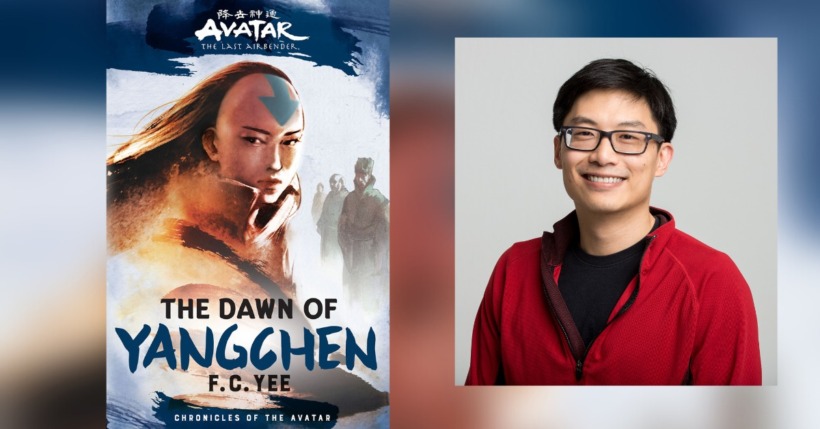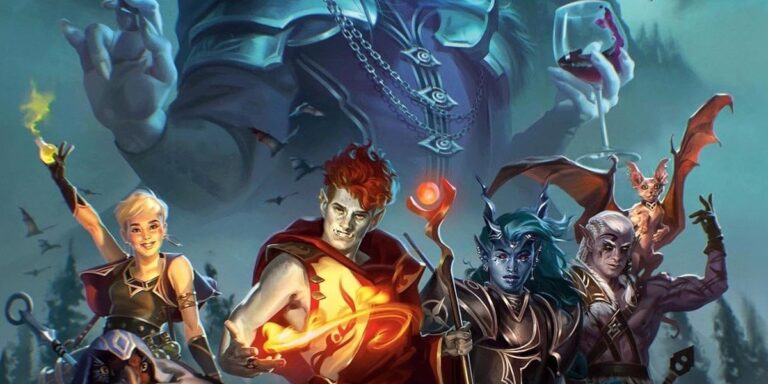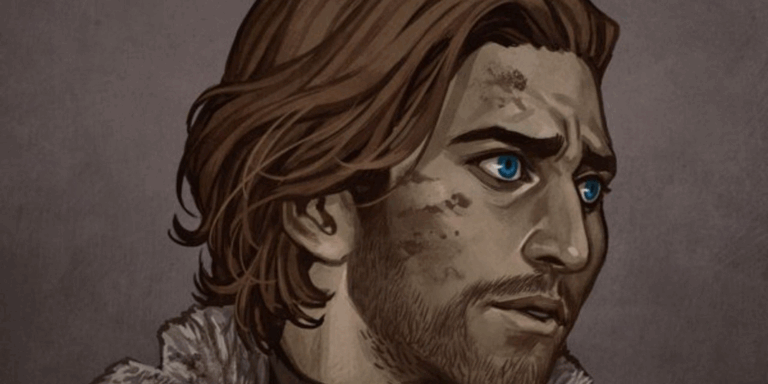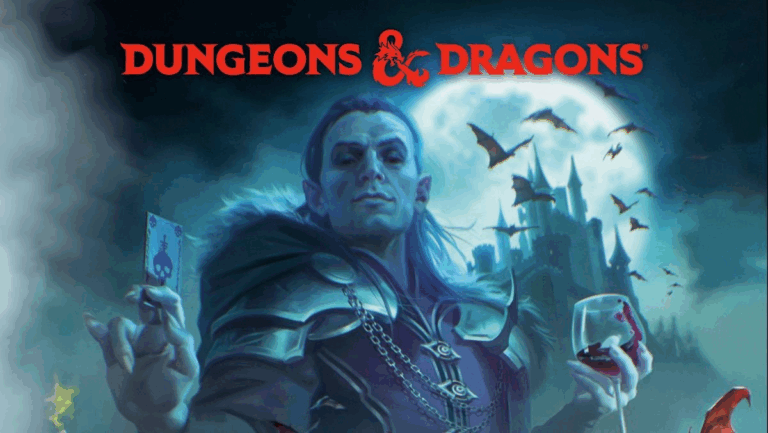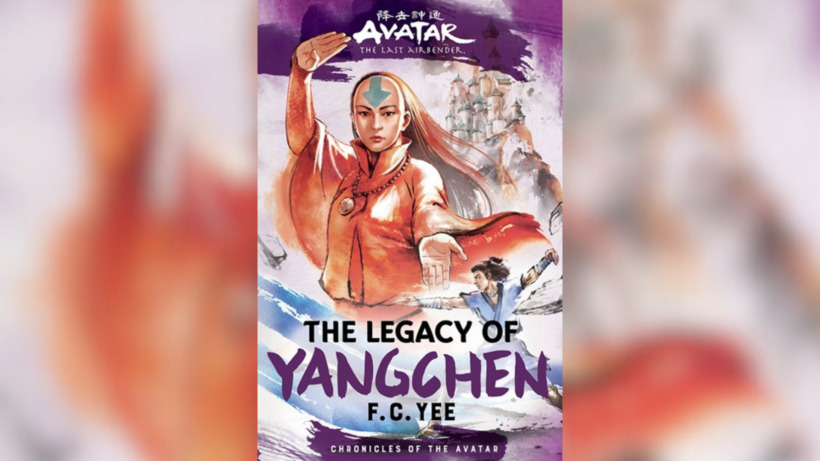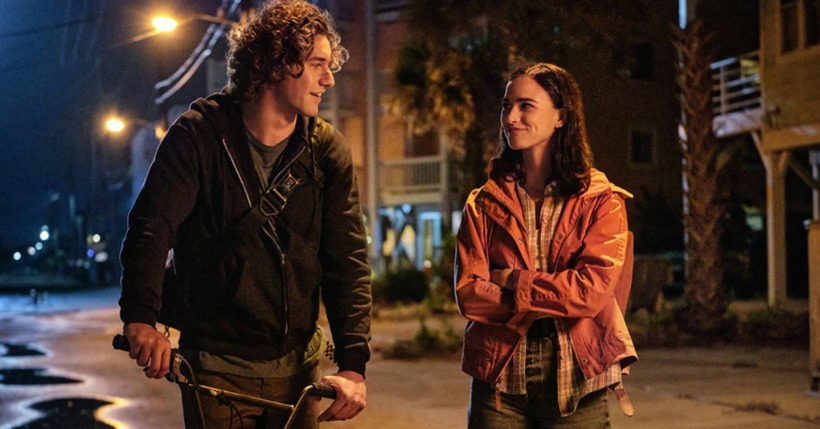![]() F.C. Yee’s latest book in the Avatar Chronicles series, The Dawn of Yangchen, is a compelling tale that lends greater context to the legendary Air Nomad Avatar.
F.C. Yee’s latest book in the Avatar Chronicles series, The Dawn of Yangchen, is a compelling tale that lends greater context to the legendary Air Nomad Avatar.
Spoiler alert: This review contains spoilers for The Dawn of Yangchen and the Kyoshi duology.
When I finished The Shadow of Kyoshi and we learned about how Yangchen’s actions as Avatar had repercussions on the spirit world during Kuruk’s time, I’ve wanted Yangchen’s full story. In that conclusion of the Kyoshi series, we see how Avatars are remembered and revered – and how those legacies reverberate across generations. As Fire Sage Nyahitha mentions, both Kuruk and Kyoshi revere Yangchen to a fault: as an Airbender with a spiritual balance, and as an Avatar as a symbol of peace. Even Aang struggles with this in the finale of Avatar: The Last Airbender as Yangchen acknowledges that he may have to put his own spiritual needs aside for the safety of the world at large.
Yee’s The Dawn of Yangchen goes further in exploring Yangchen and her struggles, choices, motivations and challenges. As an Avatar, she is greatly respected by many, but through a careful balance of internal reflection and her relationships with other characters, we get a more rounded – and in some ways, grounded – view of a character that is oftentimes placed on a pedestal.
This is something that Yee achieves in the Chronicles of the Avatar series. I was initially reluctant to read the Kyoshi series, since I was bothered by the memetic life that Kyoshi took on after the main series: she’s bloodthirsty and she takes no prisoners. To me, Kyoshi’s admission for killing Chen the Conqueror was less of about ruthlessness, but that she was taking responsibility for her actions – she was not going to shirk off the major consequence of her earthbending causing Chen’s death. Instead, the story of Kyoshi in fandom blew up to a more ‘ultimate badass’ level, which seemed excessive to me.
But it paid off in the books, where you see that yes, while Kyoshi is imposing and powerful, she is vulnerable trying to deal with everything the world is throwing at her as a young woman placed into an impossible position of spiritual – and oftentimes, political – authority.
While her temperament and situations differ, Yangchen’s story is much the same.
In Yee’s book, we’re first introduced to Yangchen as her as a young girl growing up in the Western Air Temple with a fellow Air Nomad, Jetsun, whom she considers an older sister. But when we catch up to the setting of the novel, we meet the older (and now a fully realized Avatar) Yangchen through the eyes of her eventual companion, Kavik. In Bin-Eir, a city run by corrupt shangs, waterbender Kavik makes his living as an errand-runner for the shangs, a lucrative trade that may demand thievery or other, more unscrupulous tasks.
Their fateful meeting occurs when Kavik is sent to steal a document from an unknown high official – who of course turns out to be Yangchen. He sees firsthand her sense of justice and generosity, when she fires the guards who beat him when he’s caught, then pays him money “to get him off the streets” and lets him go. But next layer of Yangchen’s personality is revealed when she follows him, observes his movements and obligates him into working for her.
Their relationship begins rather transactionally (she reminds him that he owes her for getting him out of trouble, but she also recognizes his skills would be helpful to her), but they begin to trust each other over the course of the book. Kavik, like the readers, learn about these other facets to Yangchen that conflict with the overall assumption of her: she can be sneaky and cunning, she feels the weight of the world on her shoulders, and also feels anger and guilt. One of my favorite moments – and a turning point for Kavik, I believe – when Kavik observes Yangchen on her own after a particularly distressing day. At first, it appears she’s dancing with airbending, but the ferocity of her movements and actions show her anger and anguish; but because she’s airbending, the results of her frustrations are simply blown away. This is the part that Yangchen doesn’t allow the world to see, and Kavik does, albeit unintentionally.
Yangchen notes throughout the book that she must choose her associates carefully. Her advisers often work for another nation or leader, and so are less accommodating in seeking out the best for all of the Four Nations. She’s acutely aware that she could be betrayed, but welcomes a few trusted friends around the world. As they begin to trust each other, Kavik is coming up to be one of those trusted few: a companion, even – one who would accompany her on her travels around the world.
Yangchen counters the idea that she (and other Avatars) choose their companions – to her, it’s the other way around. For Kavik, his continued association with her – partially out of obligation because she conscripts him into helping – and his getting to know and understand her person that he realizes that he chose a long time ago.
Yet it’s his choices again that later negatively impacts their relationship at the end of the book. When faced with a choice between Yangchen and his long-lost brother, Kavik chooses the latter and ultimately regrets. In a heartbreaking scene, he admits what he’s done – even though without his admission, Yangchen may have never known. It shows his own integrity (despite his choice) that he felt he owed Yangchen the explanation – even if he knew it was wrong. Yangchen acknowledges this, but he loses her trust.
But I don’t think it’s over between Yangchen and Kavik. I loved seeing the progression of their friendship, and the way the relationship is shaken by the end. They are interesting foils of each other: both regret the loss of their beloved older sibling and are caught between a couple worlds and personas. Where she is viewed as pure and incorruptible, she dons disguises and manipulates others; where Kavik is seen as untrustworthy and a hired thief, he also has a strong sense of justice and accountability.
The book ends with a teaser that Kavik will be recruited into the White Lotus, which Yangchen is wary of. In the sequel, I expect we will also get a resolution on Jetsun, who had died in the mortal world but is hinted to still be lost in the spirit realm. And I expect that we will continue to examine what an Avatar’s legacy means.
It’s a recurring theme throughout the Avatar-verse, as Avatars often deal with the fallout and repercussions of previous Avatars and changing societies and generations. The Legend of Korra made the characters – and the viewers – have to reconcile their expectations of Aang as the Avatar as well as his choices as a human adult making his own choices in life. Like other Avatars, Yangchen is dealing with succession and legacy: she and others compare herself to her predecessor, Szeto. It offers an interesting dichotomy to how she herself will later be remembered.

